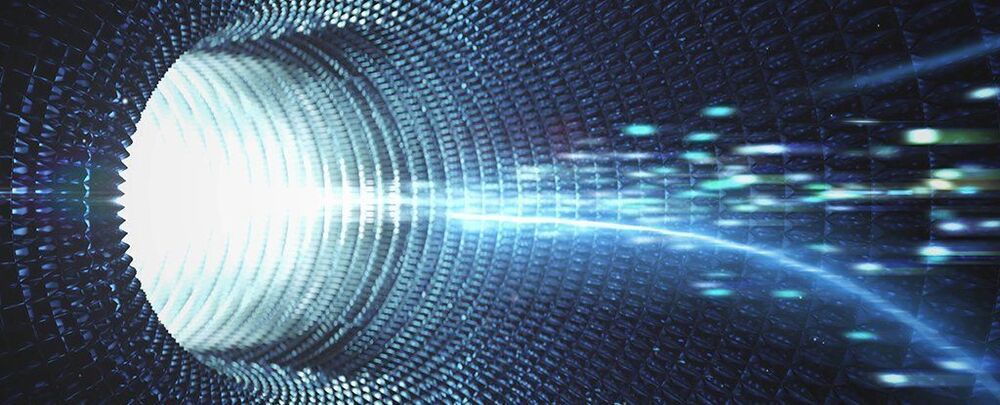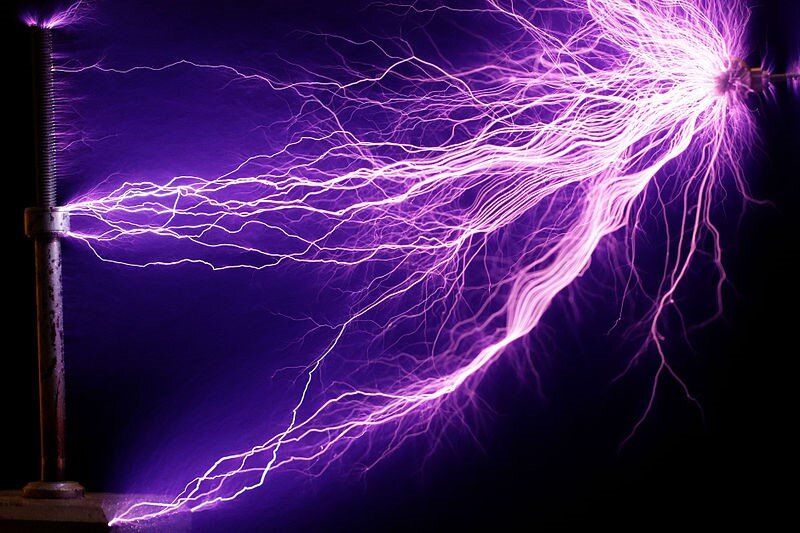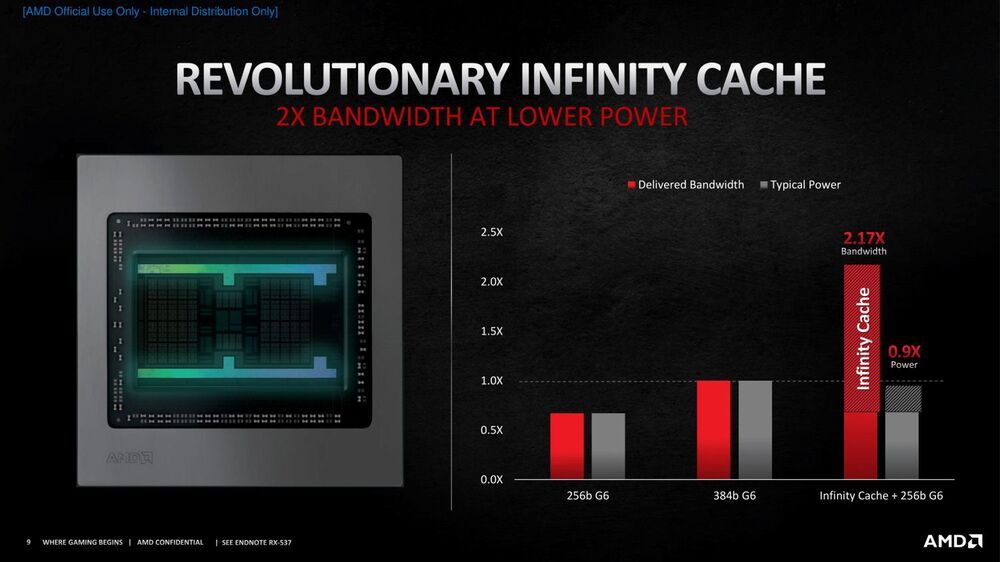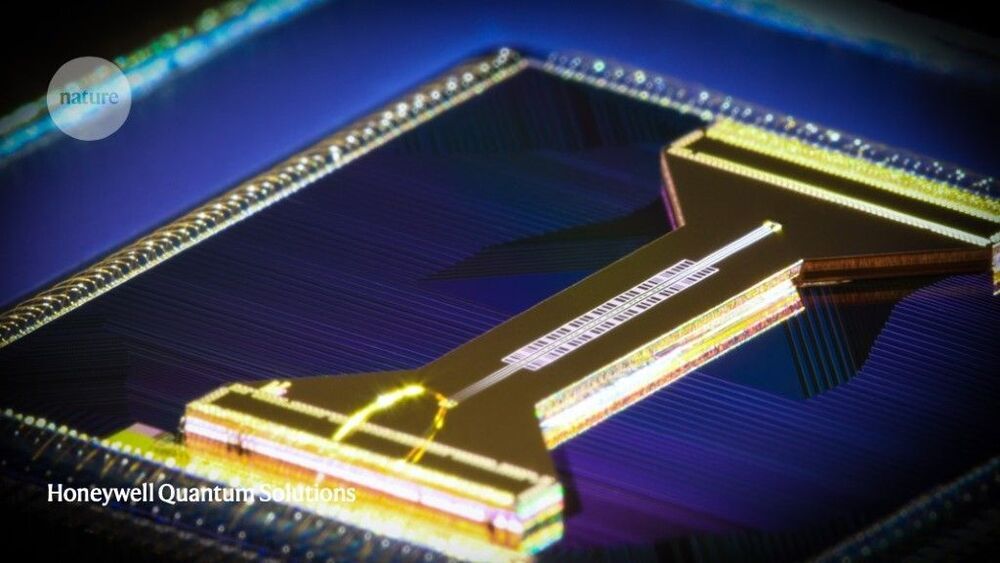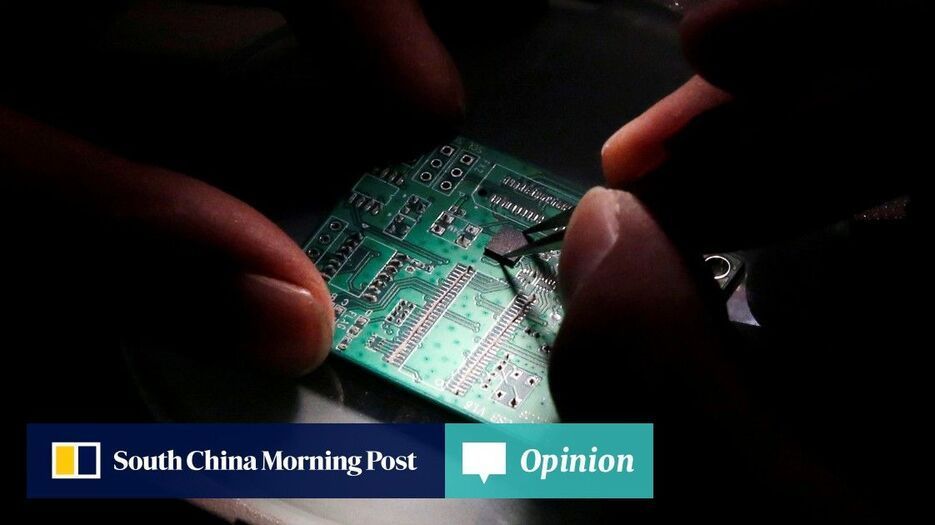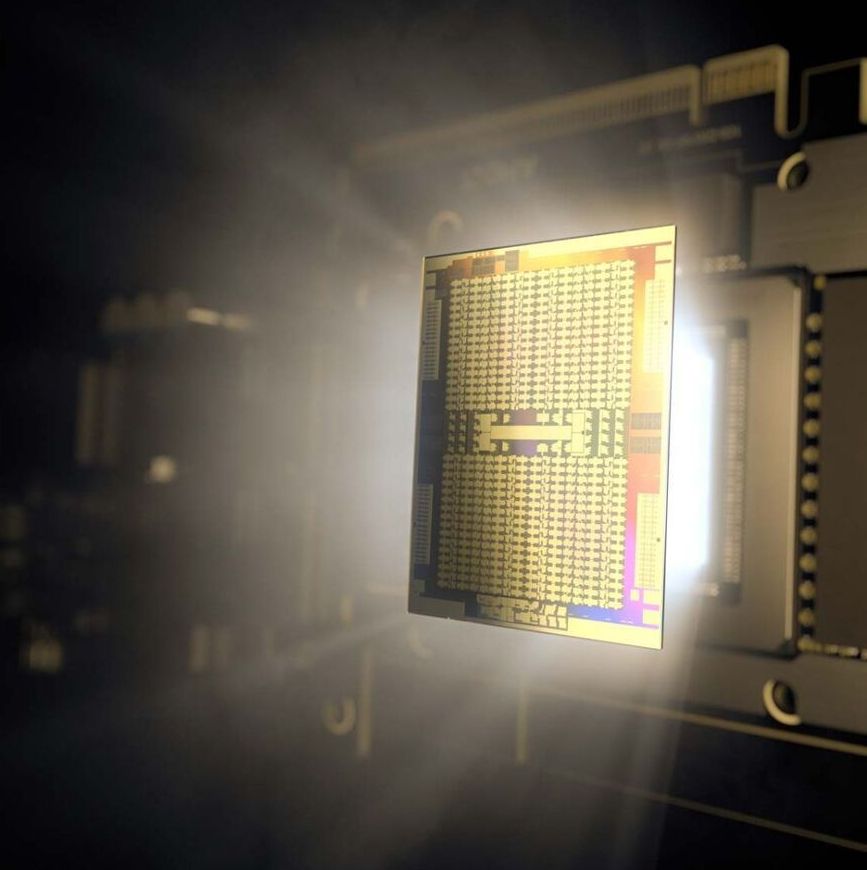Ever since Nikola Tesla spewed electricity in all directions with his coil back in 1891, scientists have been thinking up ways to send electrical power through the air. The dream is to charge your phone or laptop, or maybe even a healthcare device such as a pacemaker, without the need for wires and plugs. The tricky bit is getting the electricity to find its intended target, and getting that target to absorb the electricity instead of just reflect it back into the air—all preferably without endangering anyone along the way.
These days, you can wirelessly charge a smartphone by putting it within an inch of a charging station. But usable long-range wireless power transfer, from one side of a room to another or even across a building, is still a work in progress. Most of the methods currently in development involve focusing narrow beams of energy and aiming them at their intended target. These methods have had some success, but are so far not very efficient. And having focused electromagnetic beams flying around through the air is unsettling.
Now, a team of researchers at the University of Maryland (UMD), in collaboration with a colleague at Wesleyan University in Connecticut, have developed an improved technique for wireless power transfer technology that may promise long-range power transmission without narrowly focused and directed energy beams. Their results, which widen the applicability of previous techniques, were published Nov. 17, 2020 in the journal Nature Communications.
